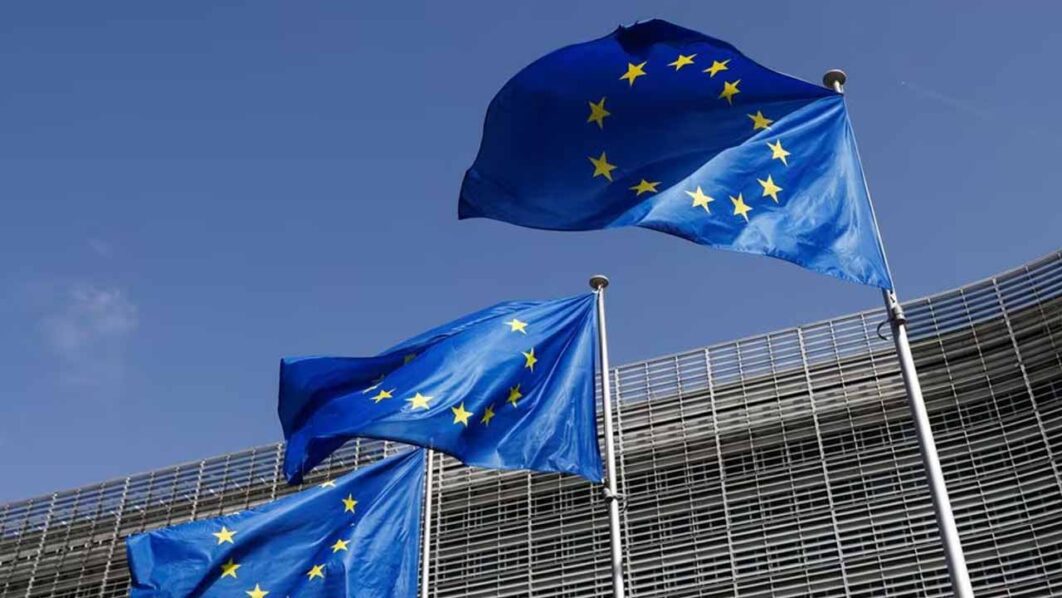The world approved a bitterly negotiated climate deal Sunday but poorer nations most at the mercy of worsening disasters dismissed a $300 billion a year pledge from wealthy historic polluters as insultingly low.
After two exhausting weeks of chaotic bargaining and sleepless nights, nearly 200 nations banged through the contentious finance pact in the early hours in a sports stadium in Azerbaijan.
But the applause had barely subsided in Baku when India delivered a full-throated rejection of the figure just agreed.
“The amount that is proposed to be mobilised is abysmally poor. It’s a paltry sum,” said Indian delegate Chandni Raina.
- Hardship: Gov Sule disburses N394.5m bursary allowance to students
- NADF to support gender-sensitive, climate-smart agriculture
“This document is little more than an optical illusion. This, in our opinion, will not address the enormity of the challenge we all face.”
Nations have struggled to reconcile long-standing divisions over how much rich nations most accountable for historic climate change should provide to poorer countries least responsible but most impacted by Earth’s rapid warming.
EU climate envoy Wopke Hoekstra said COP29 would be remembered as “the start of a new era for climate finance”.
At points, the talks appeared on the brink of collapse, with developing nations storming out of meetings and threatening to walk away should rich nations not cough up more cash.
In the end – despite repeating that no deal is better than a bad deal – they did not stand in the way of an agreement, despite it falling well short of what they wanted.
The final deal commits developed nations to pay at least $300 billion a year by 2035 to help developing countries green their economies and prepare for worse disasters.
“This COP has been a disaster for the developing world,” said Mohamed Adow, the Kenyan director of Power Shift Africa, a think tank.
“It’s a betrayal of both people and planet by wealthy countries who claim to take climate change seriously.”
A group of 134 developing countries had pushed for at least $500 billion from rich governments to build resilience against climate change and cut emissions of planet-warming greenhouse gases.

 Join Daily Trust WhatsApp Community For Quick Access To News and Happenings Around You.
Join Daily Trust WhatsApp Community For Quick Access To News and Happenings Around You.

